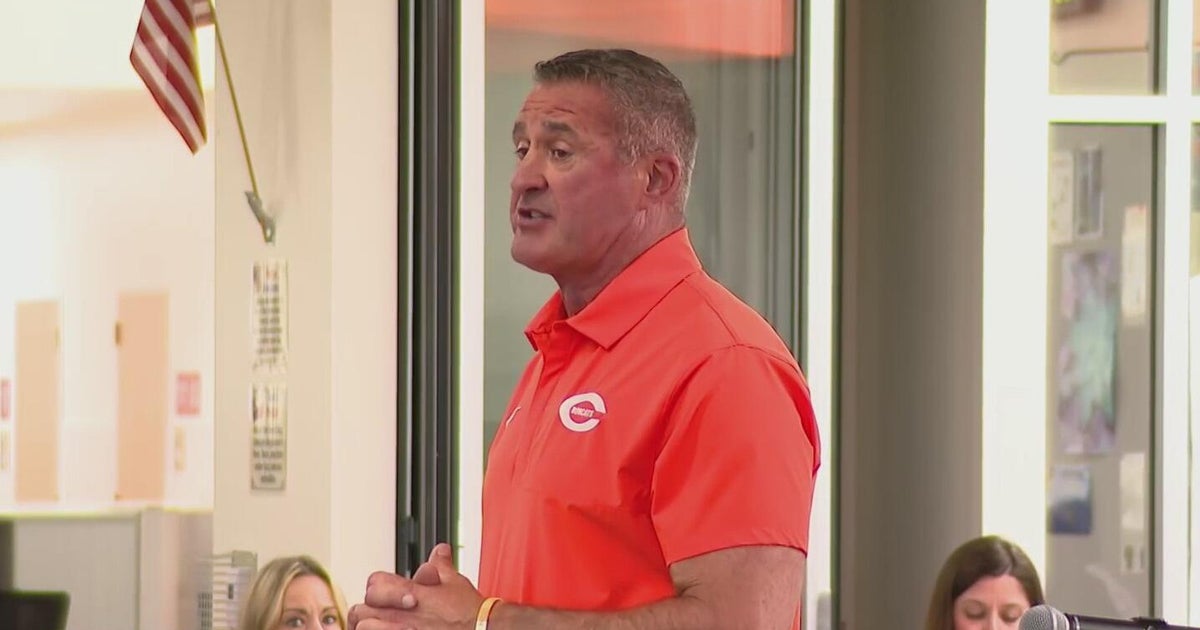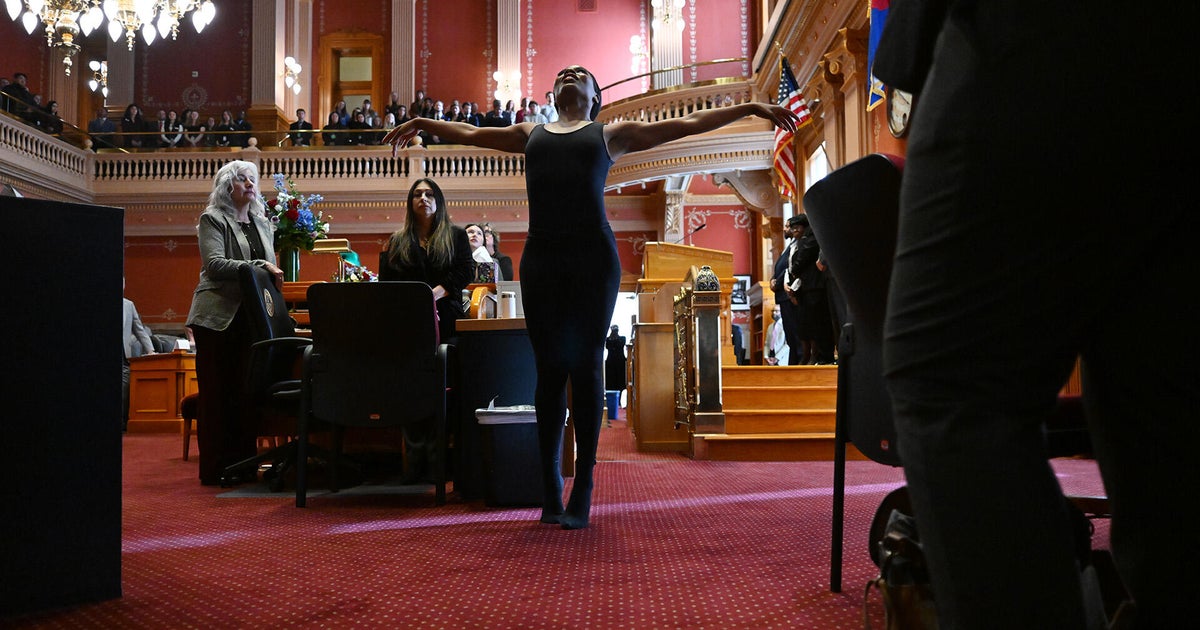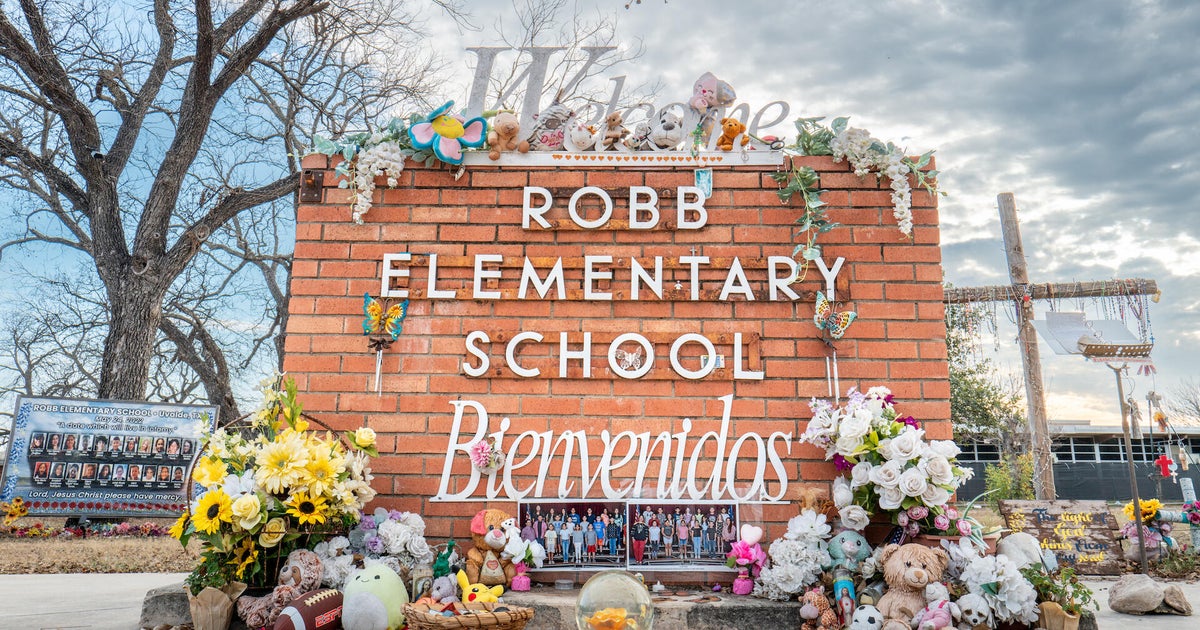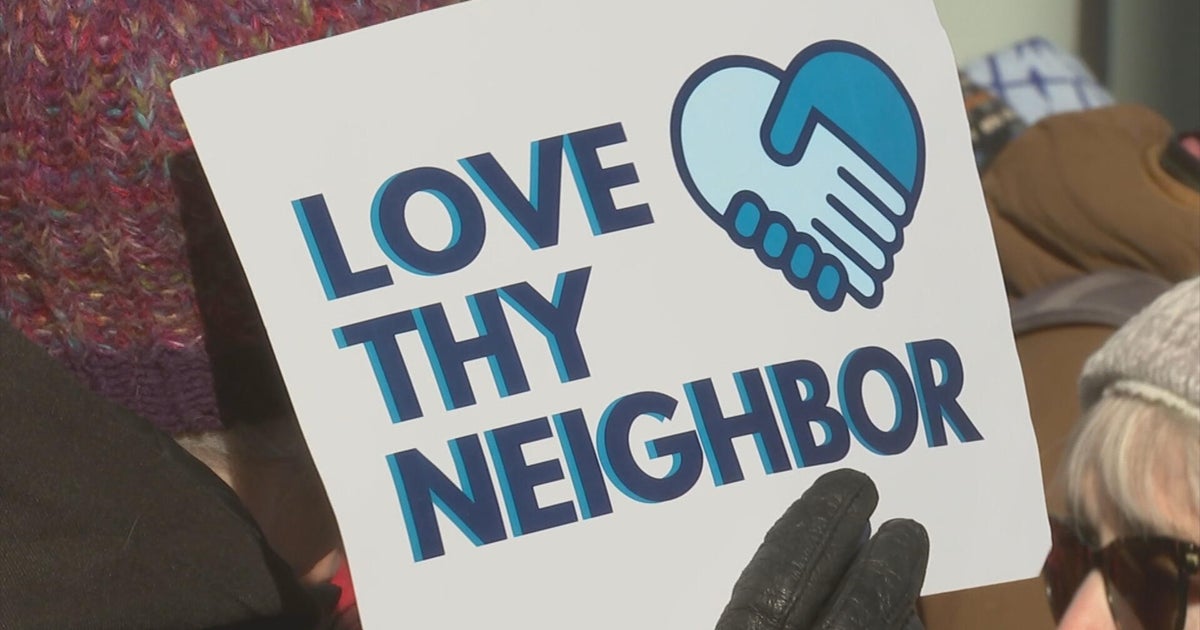Personal Stories Grip Lawmakers On Death Penalty
DENVER (AP) - A grim coincidence at a Colorado high school. A father's killing at a Texas gas station. A son's shooting death that has driven a mother's political career.
A proposal to abolish Colorado's death penalty will be one of the most emotional issues this legislative session - in part because lawmakers' own stories are closely connected to the debate.
The three men on Colorado's death row all attended the same high school in suburban Denver at different times. Democratic Rep. John Buckner of Aurora was the high school's principal when each attended.
Aurora Democrat Rhonda Fields' son was gunned down at an intersection to stop him from testifying at a murder trial. Two men convicted in the shooting are on death row.
And Democratic Sen. Lucia Guzman, who is co-sponsoring the bill, believes executions should be abolished, despite her father's gruesome slaying decades ago.
The bill gets its first hearing in coming days. These are the stories of three lawmakers who could be casting crucial votes.
___
In ninth grade, John Buckner took a position on the death penalty for a debate in speech class. He argued against it.
Years later, as principal at Aurora's Overland High School, Buckner would meet the three men now sitting on Colorado's death row: Nathan Dunlap, Robert Ray, and Sir Mario Owens.
Of the three, Buckner knew Dunlap best. He described Dunlap, now 38, as a bright student whom he saw frequently because he had issues with authority.
"He didn't have those issues with me," he said. "He felt comfortable that I was fair."
In 1993, Dunlap was a 19-year-old former employee of a Chuck E. Cheese restaurant in Aurora when he killed the night manager and three teenage employees. They all died from shots to the head.
Buckner was less familiar Ray and Owens. He remembers they attended school for a few semesters and didn't do anything to attract attention.
Ray and Owens were convicted in the 2005 shooting deaths of Javad Marshall-Fields, a witness to a murder trial involving Ray, and Marshall-Fields' fiancee, Vivian Wolfe. Both were 22.
Buckner said he's opposed the death penalty partly out of concern that it disproportionately affects minorities. Dunlap, Ray and Owens are black.
Dunlap exhausted his appeals, and an execution date could be set soon. Buckner has tried to look at Dunlap's case as "just a convicted person moving through the process."
"I haven't dealt with the name, the notion of Nathan Dunlap - student that I knew from Overland, family that I knew, being put to death. I've just avoided that, that notion," he said.
"I think it will be complicated for me when I have to face the fact that this is Nathan the person."
___
Before taking office in 2011, Rhonda Fields was a constant presence at the Arapahoe County courthouse for dozens of hearings involving Robert Ray and Sir Mario Owens in the death of her son, Javad.
It was an emotional time for Fields, and the beginning of her involvement in politics.
"When I look back at my past, I'm reminded of why I'm here. Because I don't think I would be here if it wasn't for the scars of my past," said Fields.
The Aurora theater shooting happened in her district. While prosecutors weigh whether to seek the death penalty against the man charged in the shootings, James Holmes, the bill to abolish executions would not apply retroactively to current cases.
Fields has become a leading advocate for restrictions on firearms, including expanded background checks and limits on the size of ammunition magazines.
She opposes repealing the death penalty, saying it would undermine the criminal justice system, and insists that the issue should be decided by voters.
Some crimes, like the theater shooting and her son's slaying, merit the ultimate punishment, she said.
Fields notes that by the time Owens was sentenced for her son's death, he had already been sentenced to life without parole for another murder.
"So what do you give someone who's already receiving life in jail without parole?"
___
In 1975, Tomas Guzman worked the late shift at a gas station in Katy, a town outside of Houston. At 73, he'd retired as a railroad worker, but he needed the extra income.
One night, after midnight, he was beaten to death with a wrench in what police believe was a robbery by three men. It may have been a dispute over cigarette change. His family was never sure - just that he was beaten so badly part of his skull was missing when police found him.
"How do you bludgeon someone when it's just an argument over cigarette change?" said Sen. Lucia Guzman. She still has unanswered questions about her father's death, including whether the man police arrested actually did it. That man was charged with manslaughter and served less than 10 years in prison.
Guzman was 27. Her father was a Mexican immigrant who never had enough money to buy a home. But she is steadfast in her opposition to capital punishment.
"For me, I never thought that finding this person and killing them was going to bring me any kind of release," she said, her eyes teary. "I mourn, and still mourn to this day, that my daddy who had worked so hard all of his life and had experienced so many injustices because of his race, because of where he was born, because of his language, but who worked so hard and was an honest, good man, that he had to die that way. So unjust."
Guzman said sentencing to death the person or persons responsible for the murder "would be like killing my father a second time."
"It wouldn't bring justice to my daddy, all that he was, all that he did. Because it was an act of violence, but my daddy was never a violent man."
- By Ivan Moreno, AP Writer
(© Copyright 2013 The Associated Press. All Rights Reserved. This material may not be published, broadcast, rewritten or redistributed.)







